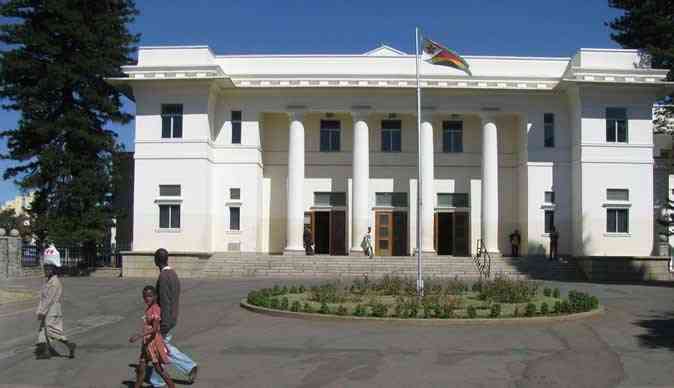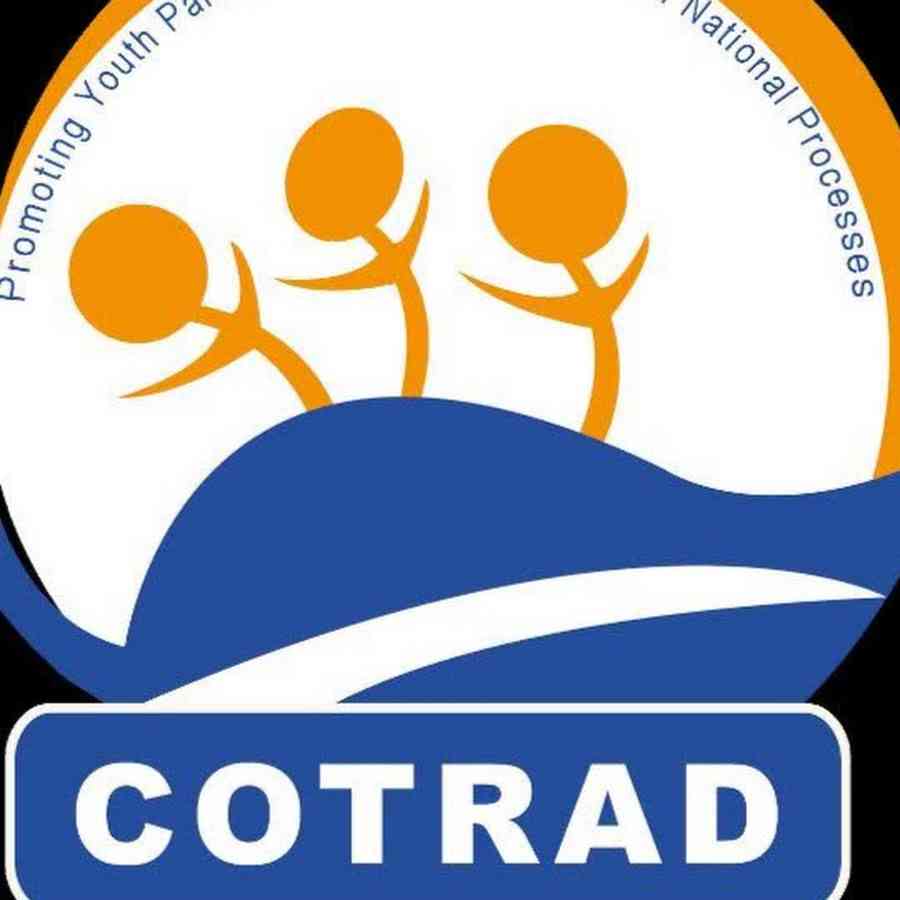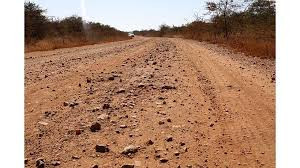
THE Bulawayo City Council (BCC) has been challenged to send correct bills after residents flagged council’s wrong billing system that has resulted in some ratepayers receiving exorbitant water bills.
This comes after the local authority reportedly disconnected water supply to more than 2 000 properties in the city.
BCC has also initiated legal proceedings against 650 households to recover more than US$4,5 million owed by residents and ratepayers.
However, residents have been complaining about huge water bills after the local authority has imposed rolling water cuts to save the city from serious shortages.
A resident, Mthokozisi Sithole told Southern Eye that most households have been overwhelmed by exorbitant council water bills.
“We want rates to be reduced because the water bills are extremely high. We do not understand why water bills come in figures that are too high yet we do not have water for long periods and in some cases two weeks,” Sithole said.
Nqobile Bhebhe, also a resident, said most suburbs were not receiving water.
“They keep disconnecting water supplies from our homes. We get supplies sometimes twice in a month and when bills come you fail to understand where that figure would have come from,” he said.
- Uproar over census figures
- Byo Arts Festival in turmoil…One year later, festival has yet to pay artists…Organisers play cat and mouse with artists
- Bulawayo struggles to clear housing backlog
- Council acts tough on debts
Keep Reading
Bulawayo Progressive Residents Association (BPRA) secretary for administration Thembelani Dube called on the local authority to improve its billing system to ensure accuracy.
“As BPRA we always encourage residents to be responsible and settle their bills or pay whatever they have for service delivery not to be disrupted,” Dube said.
“Bulawayo City Council must timeously send correctly billed statements to the residents in order to instil confidence and trust for them to pay on time and to improve revenue inflaws.”
Council has also been struggling to provide efficient services but continues to send exorbitant bills that are being challenged by the residents.
According to the latest council report, the local authority’s monthly collections average 55% hence its efforts to recover what is owed.
Council has since disconnected 2 070 properties, a majority of which are in low-density suburbs numbering 1 448 homes.
“It has been recognised that households with more occupants tend to consume more water, leading to high bills. Escalated bills in low-density areas were often a result of unnoticed underground pipe leakages,” the report read.
“These leaks could go undetected for extended periods, causing water wastage and contributing to higher bills. To address this issue, policymakers need to encourage residents in their respective wards to regularly read their water meters and keep records, especially during water shedding periods and at night. By doing so, residents could help to identify abnormal billing and properties affected by leakages.”









